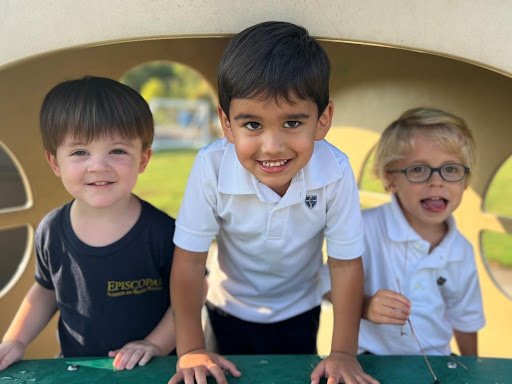- Discover Episcopal
- Admission
- Our Program
- Athletics
- Arts
- Spirituality
- Student Life
- Support Episcopal
- Alumni
- Parent Support
- Knightly News
- Contact Us
- Calendar
- School Store
- Lunch Menu
- Summer Camps
« Back
Is My Child Ready for Preschool?
September 20th, 2023
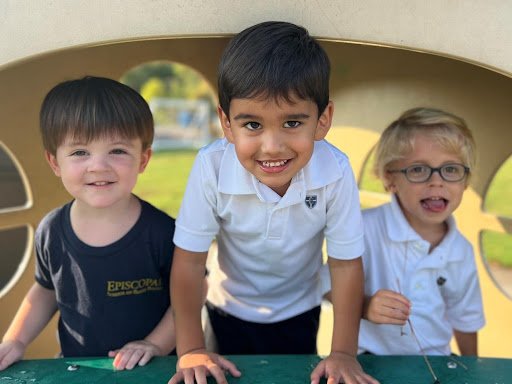
While the fall means “Back to School” for many families, some of you are also beginning to think about the next school year as you prepare to take the next step of enrolling your young child in a preschool program. While a child’s age and birthdate are important factors to consider, these are not absolute benchmarks in determining a child’s readiness to begin school. Being prepared for preschool has more to do with where your child is developmentally. Is he/she socially, emotionally, physically, and cognitively ready to participate in a daily, structured, educational program with a group of other children? Ask yourself these questions as you consider if your child is fully equipped with the set of skills they need to have a successful preschool experience.
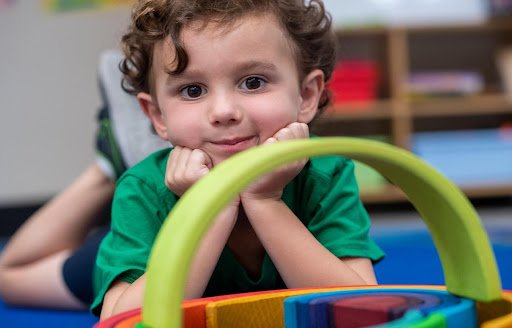
Is your child fairly independent?
Preschool requires children to have certain basic skills. Most schools will require your child to be fully potty-trained when they start school. Also, begin practicing tasks that require fine motor strength, such as zipping and buttoning pants, putting personal items in a school bag and hanging it on a hook, rolling up a nap mat, pulling a sweater on and off, hand washing, and eating independently using napkins and utensils. Practicing these skills at home will make your child’s start to school less frustrating and help them build fine motor skills that will help them later as they learn to cut, draw, and write.
Can your child participate in group activities?
Many activities in preschool require students to sit in a group setting for a short period of time. Is your child able to sit and listen to a story? Do they take turns and listen when others are speaking? If your child isn't used to group activities, you can start introducing them yourself. Take him/her to story time at your local library or sign them up for a recreational activity such as dance or soccer to help your child get used to playing with other children.
Does your child have age-appropriate communication skills?
In preschool, it is important for your child to be able to communicate their needs to their teachers and peers. At home, you may find it easy to step in and give your child what he/she needs before they even ask. At school, your child will be around adults who may not know your child as well as you do. It is important to have your child practice these communication skills before they start school. For example, if your child hands you a milk carton, have them practice asking, “Could you please help me open my milk?” Role-play with your child and give them scenarios that they might encounter at school. For example, how would your child handle a situation where another child wasn’t sharing? Without these language skills, children may revert to hitting or grabbing toys from other students. By practicing these scenarios ahead of time, students will be equipped with the skills and language necessary to problem-solve with their peers.
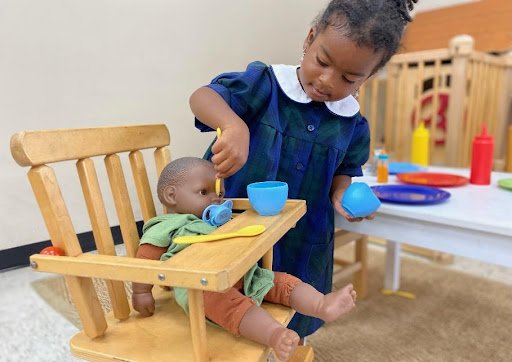
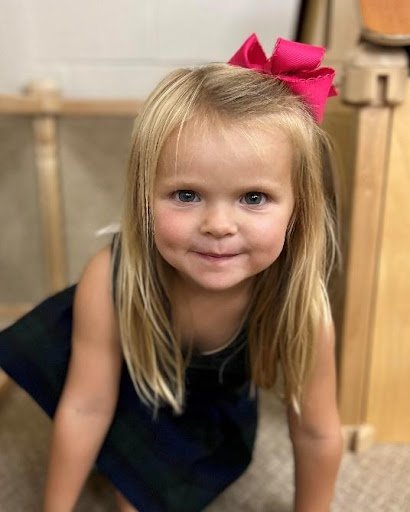
Is your child used to keeping a regular schedule?
Preschool programs follow a predictable schedule. Schedules can include free play, guided play, meal times, and rest time. Routines and schedules tend to provide comfort and control for children. Students who do not follow a schedule at home will often have trouble during transitional times at school. Parents can help their child prepare for their school routines by adhering to a schedule at home. At home, schedules can include planning meals at determined times, eating together at the table, having predictable activities throughout the day, and bedtime routines (e.g. bath, brushing teeth, storytime, lights out). Giving your child structure at home will help them adjust to a school schedule.
The best way to decide if your child is ready to begin preschool is to spend time thinking about your child and talking to other people who know him/her well, such as your partner, your pediatrician, or others who spend a lot of time with your child. There are many ways you can work with your child at home to make their transition into school as smooth as possible.
We hope you’ll consider Episcopal as your child’s preschool. You can count on our faculty and staff to guide you with the best placement for your child’s success.
Anna Frey is a 2001 Episcopal graduate and returns to her alma mater as a PreK-4 teacher. Recently, Anna taught kindergarten at Caneview K-8 in West Baton Rouge Parish. Prior to that, she was a Pre-Kindergarten Teacher’s Aide at St. James Episcopal Day School. Anna is certified in early childhood education and earned a Bachelor of Arts in psychology from Louisiana State University. She is active in the community as a member of the Chi Omega Sorority Alumnae Association and the Junior League of Baton Rouge.
Emily Richard is no stranger to Episcopal having previously served as an extended care counselor. Now, with more than six years of experience in education she returns to Episcopal as a member of the Lower School team. Emily was most recently a classroom teacher at Lake Elementary in St. Amant where she taught first grade and PreK students. Emily earned a Bachelor of Science in elementary education from Louisiana State University.
The Episcopal School of Baton Rouge 2024-2025 application is now available! For more information on the application process, to schedule a tour, or learn more about the private school, contact us at [email protected] or 225-755-2685.
Posted in the categories All, Lower School.
Other articles to consider
 May8College Announcements 5.10.24
May8College Announcements 5.10.24Please join us in congratulating members of the Class of 2024 as they announce their college enrollment decisions.
See Details May7Episcopal's Addisyn Botos Will Continue Track & Field at Southern Miss
May7Episcopal's Addisyn Botos Will Continue Track & Field at Southern MissRead more about Addisyn's decision and her advice for classmates.
See Details May7Spring Sports Success!
May7Spring Sports Success!Take a look back at the Knights spring sports season.
See Details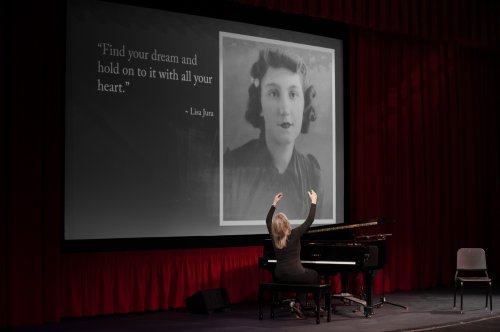 May3Episcopal Audiences Wowed by "The Children of Willesden Lane"
May3Episcopal Audiences Wowed by "The Children of Willesden Lane"This year’s community read author performed her one-woman show for the Episcopal community.
See Details
Categories
- All
- Admission
- Athletics
- College Bound 2019
- College Bound 2020
- College Bound 2021
- College Bound 2022
- College Bound 2023
- College Bound 2024
- Counselors Corner
- Episcopal Alumni
- Giving
- Head Of School
- Lower School
- Middle School
- Spirituality And Service
- Student Work
- The Teachers' Lounge
- Upper School
- Visual And Performing Arts
Recent Articles
- 05/8/24College Announcements 5.10.24
- 05/7/24Episcopal's Addisyn Botos Will Continue Track & Field at Southern Miss
- 05/7/24Spring Sports Success!
- 05/3/24Episcopal Audiences Wowed by "The Children of Willesden Lane"
- 05/3/24Service Learning & Community Impact Students Share Thoughts on Earth Day
- 05/2/242024 Mums of Alums Luncheon Draws Large Crowd of Supportive Mums
- 05/2/24College Announcements 5.3.24
- 04/25/24Revamping Class Competitions with the "Knight Fight" Championship
- 04/25/24College Announcements 4.26.24
- 04/25/24Six Members of the Class of 2024 to Continue Arts Studies


